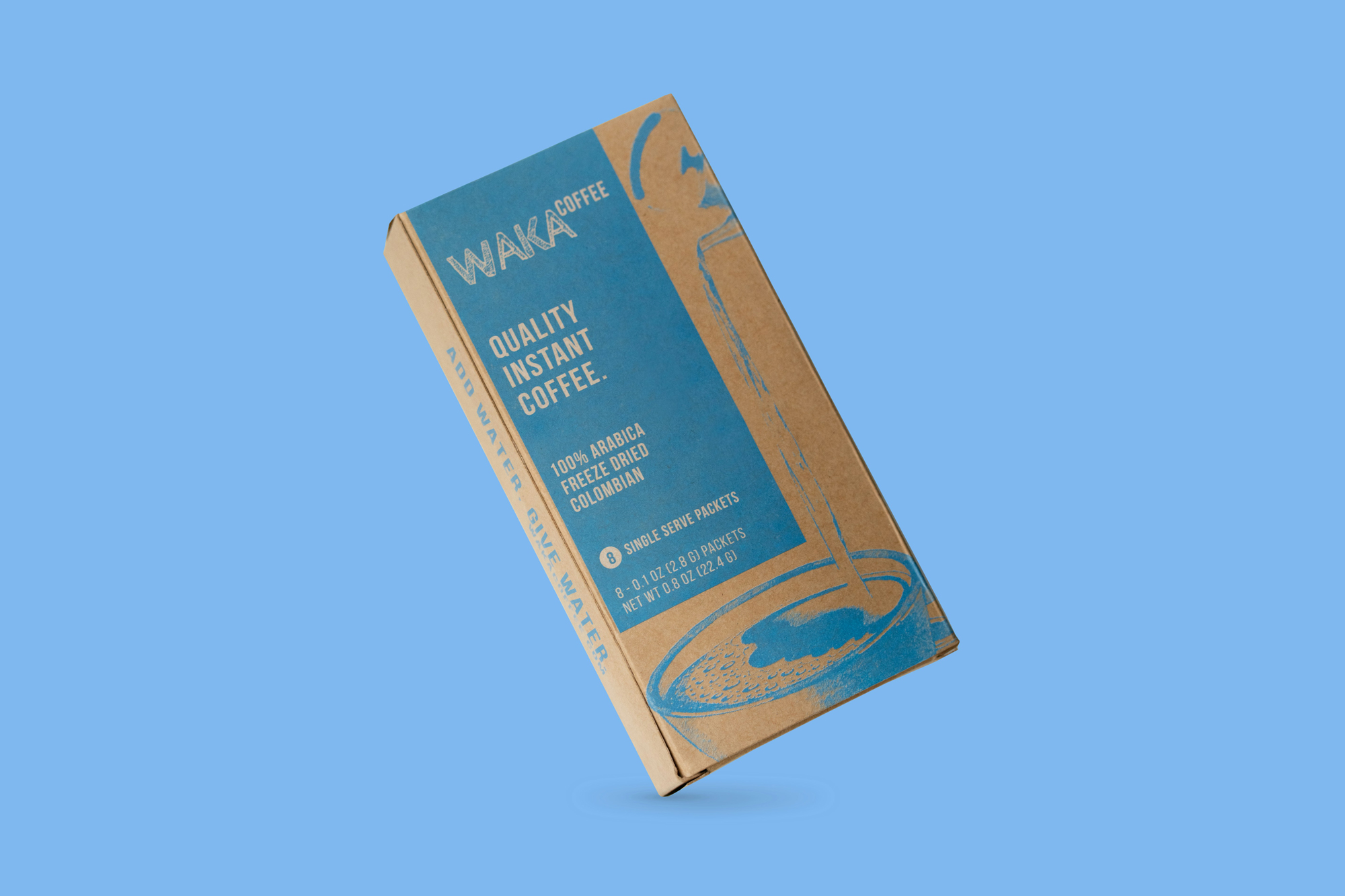Understanding the nuances between white label and private label products is crucial for businesses looking to make informed decisions. While these two approaches are often mistaken for one another due to their similarities, there are a few key differences that set them apart. One of the most significant distinctions lies in how packaging is used to market white label and private label products.
What Is a White Label?
White label products are manufactured by a third-party company and sold under another brand’s name and logo. Food and beverages, electronics, and cosmetics are often sold as white label products. Because one manufacturer makes these products for so many different brands, the products are more generic and are practically identical to one another aside from the branding.
For businesses, white labeling offers a quick route to market without the need for extensive product or packaging development. Time to market and costs invested are significantly reduced. Since the manufacturing process is already established, businesses can focus on branding and distribution, making white labeling an option for those looking to expand their product lines quickly. The flexibility in branding and marketing allows companies to tailor these products to their brand with minimal investment.
What Is a Private Label?
Private label products are also manufactured by third-party companies. However, they are sold exclusively under a single company’s brand. Unlike white label products, retailers work with manufacturers from product formulation to design to develop something unique for their brand. These goods may also be similar to name brand products but are generally sold at a lower price. Private labeling allows businesses to sell select products, expand catalogs, and offer more budget-friendly options. Working closely with manufacturers also ensures these products align with the brand’s values as well as customer needs and expectations.
What Is the Difference Between White Label and Private Label?
The main difference between white label and private label products is the level of customization and branding involved. White labeling only uses minimal branding, which often takes a backseat to the product itself. Private labeling prioritizes custom branding, with packaging playing a crucial role in how a product is perceived by consumers. This means private labels are more of an investment. However, this could pay off as the private label market is on the rise. 44% of US consumers have permanently switched some of their purchases to private label brands. Many cite lower prices as part of that draw-in, though many of those same surveyed consumers also believe private label products are just as high quality as brand name goods.
Packaging Considerations for Private Label Products
Private label packaging design should tell a story, communicate value, and form a connection with consumers on a personal level. Custom packaging options like paperboard folding cartons allow brands to create unique designs that reflect a company’s individual values and aesthetics, helping forge deeper bonds with consumers. Clear and transparent product information is also crucial. Product name, ingredients, usage instructions, and other relevant information should be prominently displayed. Additionally, private label packaging should be functional. Easy-to-open cartons, resealable tabs, and appropriate sizing make it easier for consumers to store and use the goods they buy.


